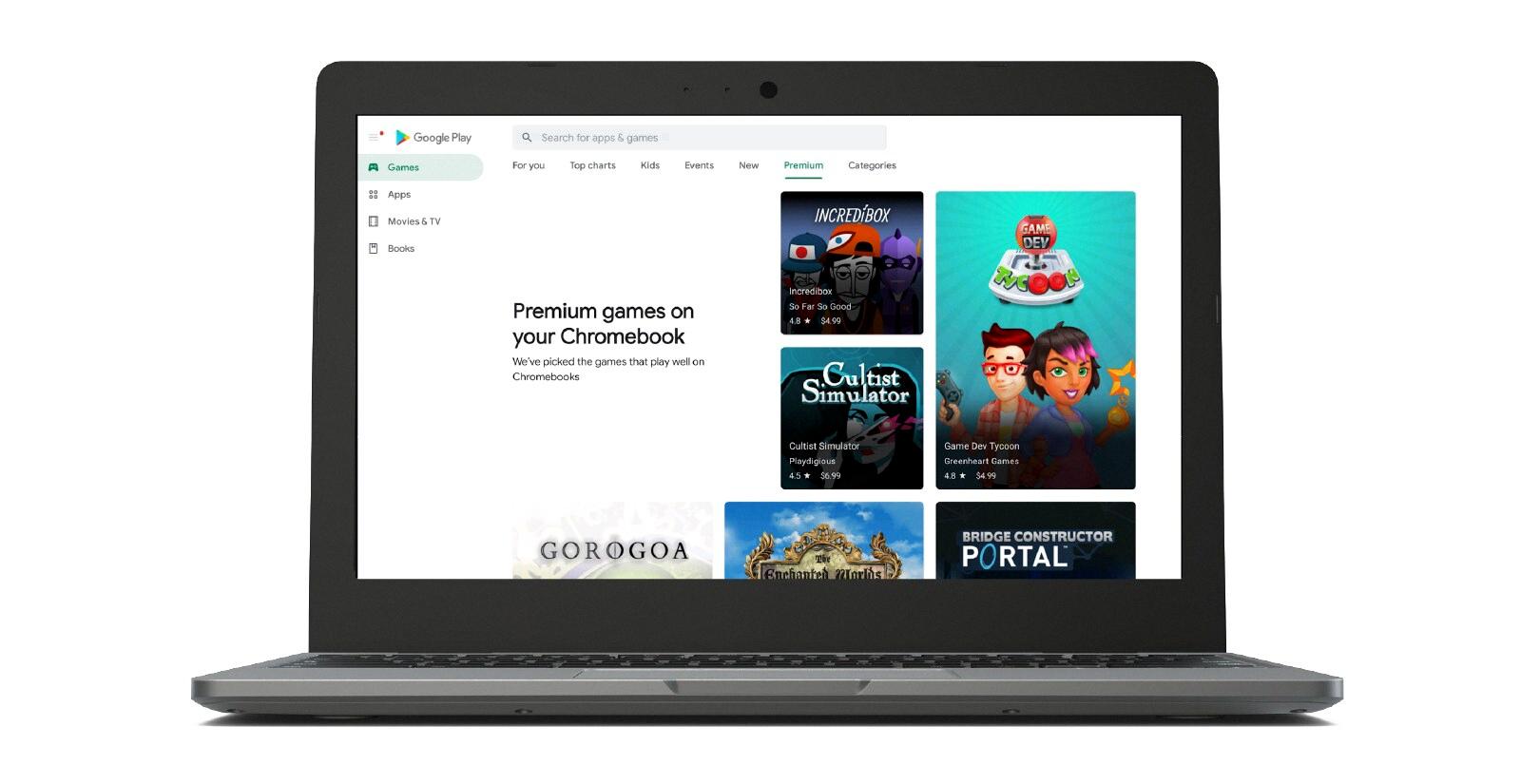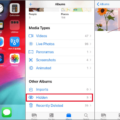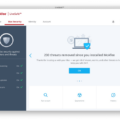Unity is a powerful game development engine that allows developers to create incredible games and interactive experiences. And now, with the rise of Chromebooks, Unity has expanded its support to this popular platform, giving users the opportunity to unleash their creativity on these devices.
One of the key features of Unity on Chromebooks is its support for multi-window functionality. This means that you can have multiple Unity windows open at the same time, just like you would on a traditional desktop environment. You can move, resize, minimize, and maximize these windows, providing you with a flexible and efficient workflow.
Another advantage of using Unity on a Chromebook is the ability to play games directly in your browser. With cloud gaming services like Xbox Game Pass, Nvidia GeForce Now, and Amazon Luna, you can enjoy high-profile games with stunning graphics, all from the comfort of your Chromebook. This means that you don’t need to worry about the hardware limitations of your device, as the heavy lifting is done on the cloud servers.
To get started with Unity on your Chromebook, you’ll first need to install Unity Hub and Unity Editor. You can do this by using the Company Portal app and signing in with your work or school account. Once installed, you can launch Unity from the Windows icon in the bottom left corner of your screen.
It’s important to note that to run other forms of Linux apps, such as GameMaker, on your Chromebook, you’ll need to enable the Linux subsystem. This can be done by accessing the settings menu and enabling the Linux option.
Once you have Unity up and running on your Chromebook, the possibilities are endless. You can create 2D or 3D games, interactive virtual reality experiences, simulations, and much more. Unity provides a vast array of tools and features to help you bring your ideas to life, whether you’re a beginner or an experienced developer.
Unity on Chromebooks opens up a world of possibilities for game developers and enthusiasts. With its multi-window support and the ability to play high-profile games in your browser, Chromebooks are now a viable platform for game development and gaming. So, if you’re looking to unleash your creativity or enjoy immersive gaming experiences, Unity on Chromebooks is the way to go.
Can You Get Unity On A Chromebook?
It is possible to run Unity on a Chromebook. However, there are a few things to consider before doing so:
1. Chrome OS Limitations: Chromebooks primarily run on Chrome OS, which is a lightweight operating system based on the Linux kernel. While Chrome OS supports some Linux applications, it does not natively support running Windows or macOS applications like Unity. Therefore, you will need to enable Linux support on your Chromebook to install and run Unity.
2. Linux Support: Chromebooks now have built-in support for Linux applications through a feature called Crostini. By enabling Linux support in the settings, you can access a terminal and install Linux-based software, including Unity. However, it’s important to note that this feature may not be available on all Chromebook models, so you should check if your specific Chromebook supports Linux.
3. Hardware Requirements: Unity is a powerful game development engine that requires a certain level of hardware performance to run smoothly. While many Chromebooks have improved hardware specifications in recent years, not all models may meet the minimum requirements for running Unity effectively. Ensure that your Chromebook has a capable processor, sufficient RAM, and decent graphics capabilities.
4. Storage Space: Unity can take up a significant amount of storage space, especially if you plan to work on large projects. Chromebooks typically come with limited storage, so you may need to consider external storage options or choose a Chromebook with higher storage capacity if you intend to work extensively with Unity.
5. Performance: While Unity can run on a Chromebook, it’s important to note that the overall performance may not match that of a dedicated gaming PC or a high-end laptop. Chromebooks are designed for lightweight tasks and web browsing, so running resource-intensive applications like Unity may result in slower performance and longer rendering times.
It is possible to run Unity on a Chromebook by enabling Linux support and meeting the hardware requirements. However, it’s important to consider the limitations of Chrome OS and the performance capabilities of your specific Chromebook model.

Can A Chromebook Run Games?
A Chromebook can run games. While Chromebooks are primarily designed for web browsing and productivity tasks, there are several ways to play games on these devices.
1. Android Games: Many Chromebooks support Android apps through the Google Play Store. You can download and install a wide range of games from the Play Store and play them directly on your Chromebook. However, not all Chromebooks have access to the Play Store, so make sure to check the compatibility of your device.
2. Browser Games: Chromebooks excel at running web-based games. With their powerful web browsers, you can play a variety of browser-based games, including HTML5 games and Flash games (although Flash is being phased out). Simply launch your browser and visit gaming websites or platforms to find a vast selection of games to play.
3. Cloud Gaming Services: Cloud gaming services have become increasingly popular, allowing users to stream games over the internet without requiring powerful hardware. Services like Xbox Game Pass, Nvidia GeForce Now, and Amazon Luna offer game streaming options that work on Chromebooks. These services allow you to play high-profile games with great graphics directly through your browser, regardless of the hardware specifications of your Chromebook.
4. Linux Support: Some Chromebooks support Linux, which opens the door to a wider range of games. By enabling Linux support on your Chromebook, you can install and play Linux-compatible games. However, this option may require some technical knowledge and may not be available on all Chromebook models.
5. Steam and other PC Game Streaming: If you have a powerful gaming PC at home, you can use services like Steam Remote Play or other PC game streaming options to stream games from your PC to your Chromebook. This allows you to leverage the power of your gaming PC while playing games on your Chromebook.
It’s worth noting that while Chromebooks can run games, their hardware limitations may restrict their ability to handle graphically demanding or resource-intensive games. It’s advisable to check the system requirements of the games you intend to play and ensure your Chromebook meets those requirements.
Chromebooks can run games through Android apps, web-based games, cloud gaming services, Linux support, and PC game streaming. However, the gaming experience may vary depending on the specific Chromebook model and the requirements of the games you want to play.
How Do I Install Unity On My School Computer?
To install Unity on your school computer, follow these steps:
1. Open the Company Portal app and sign in with your work or school account.
2. Locate the Windows icon in the bottom left corner of the screen (Start Menu) and click on it.
3. In the search bar at the top left, type “Unity” and select the Unity application from the search results.
4. Once you have selected Unity, click on the “Install” button located in the top right corner of the screen.
5. The installation process will begin, and you may need to follow any on-screen prompts or provide necessary permissions for the installation to proceed.
6. Wait for the installation to complete. This may take a few minutes depending on your computer’s performance.
7. Once the installation is finished, you can launch Unity by searching for it in the Start Menu or by finding the Unity icon on your desktop.
That’s it! You have successfully installed Unity on your school computer. Now you can start using Unity to create and develop your projects.
Can You Get GameMaker On Chromebook?
It is possible to run GameMaker on a Chromebook. However, since ChromeOS does not natively support the installation of traditional desktop applications like GameMaker, you will need to enable the Linux subsystem on your Chromebook to run Linux apps.
To enable the Linux subsystem on your Chromebook and install GameMaker, follow these steps:
1. Click on the bottom right corner of your desktop to open the settings menu (the cog wheel icon).
2. In the settings menu, scroll down and click on “Advanced” to expand the advanced settings options.
3. Look for the “Developers” section and click on the “Developers mode” toggle switch to enable it. This will allow you to access more advanced settings on your Chromebook.
4. Once developers mode is enabled, go back to the settings menu and click on “Linux (Beta)” in the left-hand menu.
5. In the Linux settings, click on the “Turn On” button to enable the Linux subsystem on your Chromebook. This may take a few minutes to set up.
6. After the Linux subsystem is enabled, you will see a terminal window open. Follow the instructions in the terminal to set up Linux on your Chromebook.
7. Once the Linux subsystem is set up, open the Linux terminal and enter the following commands to install GameMaker:
– Update the package manager:
“`
Sudo apt update
“`
– Install GameMaker dependencies:
“`
Sudo apt install libcurl3 libgtk2.0-0 libnotify4 libnss3 libgconf-2-4 libpangox-1.0-0 libxtst6 libxss1 libasound2
“`
– Download GameMaker Studio 2:
“`
Wget https://www.yoyogames.com/downloads/gm-studio/release/2.3.2.560/gm-studio-2.3.2.560_amd64.deb
“`
– Install GameMaker Studio 2:
“`
Sudo dpkg -i gm-studio-2.3.2.560_amd64.deb
“`
8. After the installation is complete, you can launch GameMaker Studio 2 by searching for it in your applications menu or by running the command:
“`
Gamemaker
“`
Please note that enabling the Linux subsystem and installing GameMaker on a Chromebook may require some technical knowledge and can void your warranty. Make sure to back up any important data before proceeding and proceed at your own risk.
Conclusion
Unity is a powerful game development platform that can be used on Chromebooks through the Unity Hub and Unity Editor. With the support for multi-window features, including freeform windows and full-screen mode, developers can easily move, resize, and maximize their game development windows just like in a traditional desktop environment.
For Chromebook users, the best way to play games is through the browser. Cloud gaming services like Xbox Game Pass, Nvidia GeForce Now, and Amazon Luna allow Chromebook owners to enjoy high-profile games with great graphics directly in their browser, regardless of their hardware.
To utilize Unity on a Chromebook, it is necessary to enable the Linux subsystem, which allows running Linux apps like Unity and its build tools. This can be done by accessing the settings menu and enabling the Linux subsystem.
Unity provides an excellent game development experience on Chromebooks, enabling developers to create and play games with ease. Its compatibility with Chromebook’s multi-window features and support for cloud gaming services make it a versatile and accessible platform for game development and gameplay.







